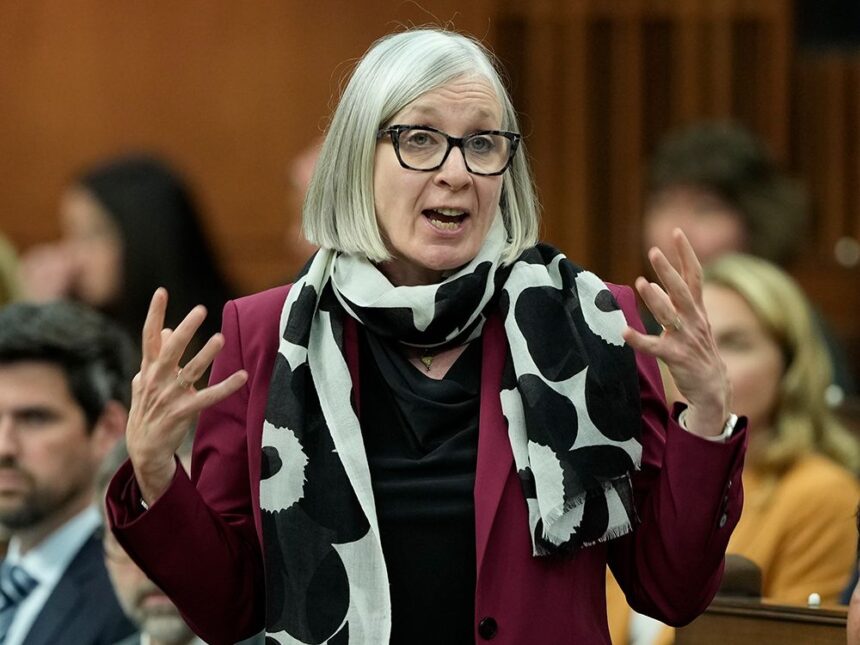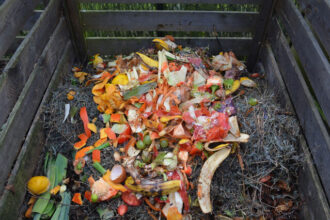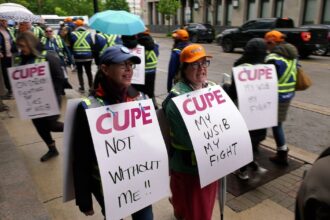In a striking clash between international human rights oversight and domestic policy, Canada’s Medical Assistance in Dying (MAID) program has drawn sharp criticism from United Nations experts, even as the federal government stands firmly behind its controversial legislation.
The UN Committee on the Rights of Persons with Disabilities recently issued a scathing assessment of Canada’s expanded MAID program, specifically highlighting concerns about its application to individuals whose sole underlying condition is a disability. The Committee expressed alarm that Canada appears to have created a system where people with disabilities might choose death not as a genuinely free choice, but due to inadequate support systems and social pressures.
“What we’re witnessing is unprecedented in developed nations,” said Dr. Catherine Frazee, professor emerita at Toronto Metropolitan University and longtime disability rights advocate. “The UN Committee has essentially stated that Canada’s MAID regime may violate fundamental human rights commitments by creating pathways to death that disproportionately impact those with disabilities.”
The controversy centers on Canada’s 2021 expansion of MAID eligibility beyond those whose deaths are “reasonably foreseeable,” extending access to individuals with serious disabilities even when they are not terminal. This expansion has sparked intense debate within Canada’s political landscape and among medical ethics communities.
Justice Minister Arif Virani defended the government’s position, insisting that Canada’s MAID framework includes robust safeguards. “We have developed a system that balances individual autonomy with appropriate protections,” Virani stated during a recent press conference. “Our legislation reflects Canadian values and provides compassionate options while protecting vulnerable individuals.”
However, disability advocates point to troubling cases that suggest the system may be failing those it claims to protect. Reports of individuals seeking MAID due to poverty, housing insecurity, or inadequate disability supports have raised serious questions about whether choices to end life are truly free and informed when basic needs go unmet.
“The government cannot claim to offer ‘choice’ when it fails to provide viable alternatives,” said Sarah Jama, executive director of the Disability Justice Network of Ontario. “What kind of choice is it when a person with a disability can access MAID within weeks but might wait years for accessible housing or adequate home care?”
The UN Committee’s concerns echo warnings from domestic experts who have long cautioned about the potential consequences of Canada’s expanded MAID regime. Despite these warnings, the federal government has shown little inclination to pause or reconsider the program’s scope, maintaining that existing safeguards are sufficient.
Statistics from Health Canada reveal a steady increase in MAID deaths since legalization, with over 10,000 Canadians choosing this option in 2021 alone. While the majority continue to be individuals with terminal cancer, the number of non-terminal cases has begun to rise following the 2021 eligibility expansion.
The international criticism places Canada in an uncomfortable position on the world stage, particularly given its traditional role as a champion of human rights and progressive social policies. Some observers note the irony of Canada receiving criticism from a UN body that it typically supports and cites when addressing human rights issues in other nations.
Parliament is scheduled to review further proposed expansions to MAID, including potential access for those with mental illness as their sole underlying condition, though this expansion has been delayed amid mounting concerns.
As this debate continues, the central question remains: can a society claim to truly value the lives and rights of persons with disabilities while simultaneously offering them assisted death when social supports fail? The answer may ultimately determine not just the future of MAID in Canada, but the nation’s commitment to its most vulnerable citizens.


















